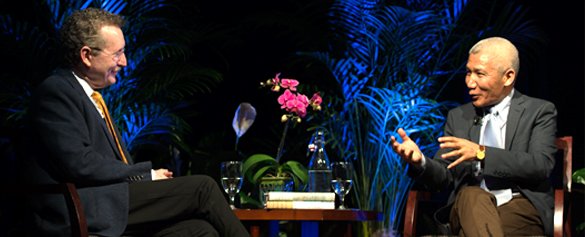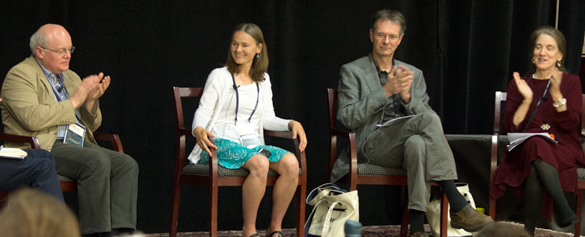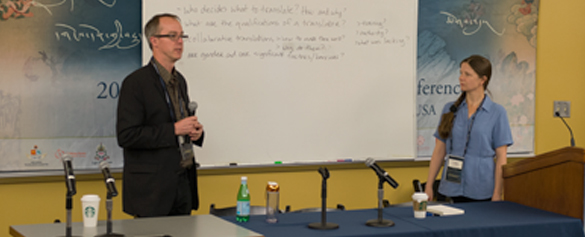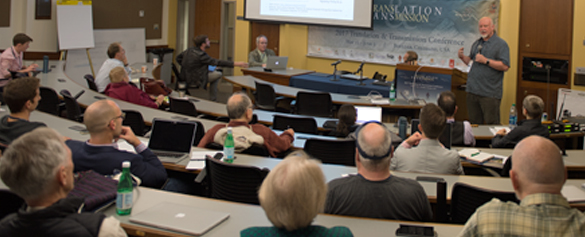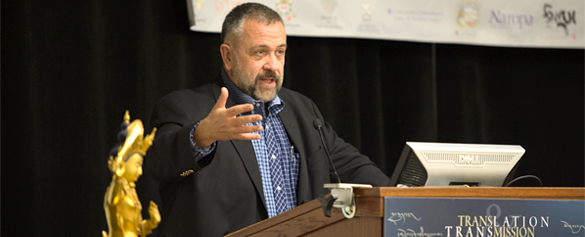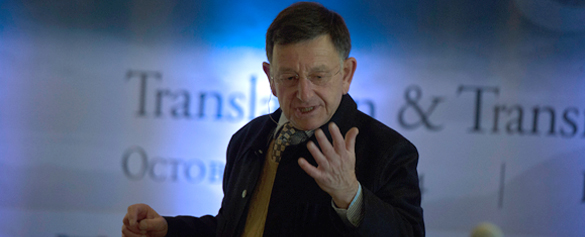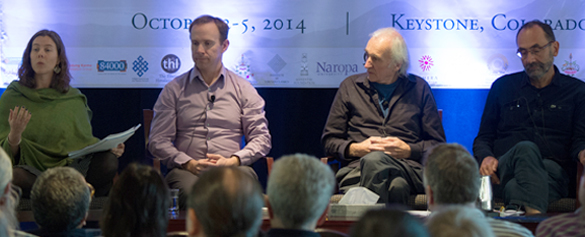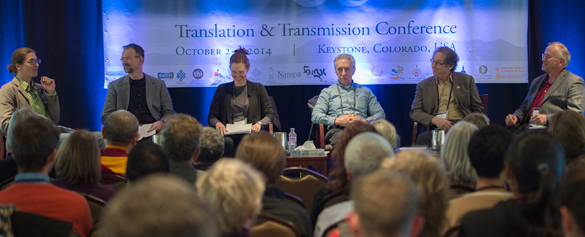Evening Event with Donald Lopez Jr. and Thupten Jinpa
Marcus Perman2022-11-16T23:34:09-07:00During the opening banquet, the tone of the conference was set by an intimate conversation between Professor Lopez and Geshe Jinpa discussing their love of Tibetan language and textual translation, as well as several book projects they have worked on together: Grains of Gold: Tales of a Cosmopolitan Traveler by Gendün Chöpel, The University of Chicago Press, 2014; The Treatise on Passion Dispelling the Darkness: A Jesuit’s Quest for the Soul of Tibet, Harvard University Press, 2017; and The Treatise on Passion by Gendun Chöpel, forthcoming.

